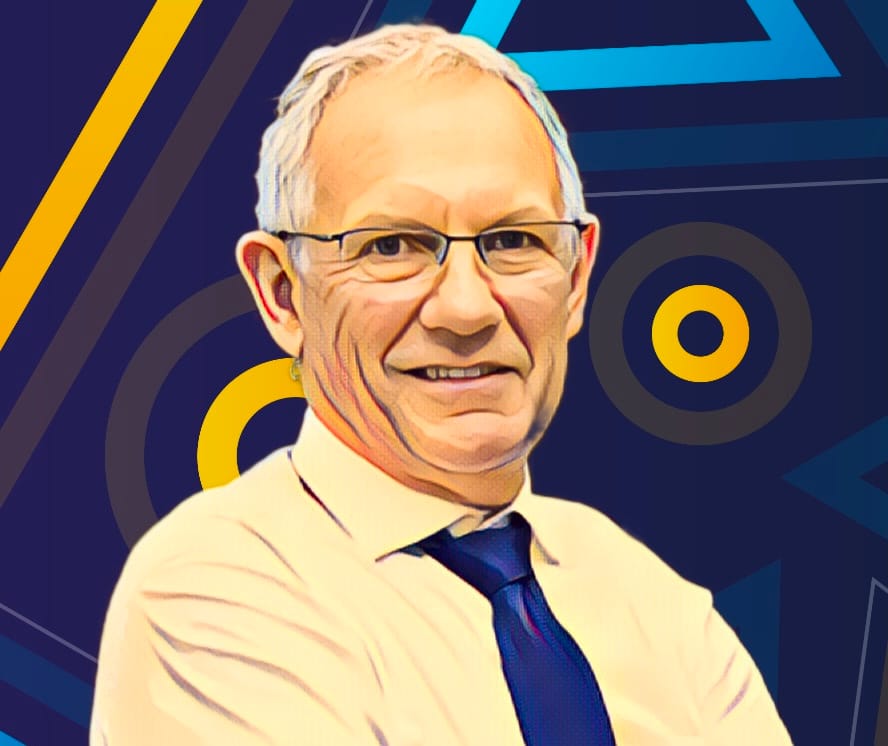Truworths CEO Michael Mark earns over $11 million in 10 years despite underperforming share price

Key Points
- Truworths International's shares have risen only seven percent over the past decade, underperforming the JSE Top 40's 130-percent compounded return.
- CEO Michael Mark received R206.6 million in remuneration over ten years, with his base salary increasing by 76 percent despite the company's modest growth.
- The company's earnings per share and dividend growth are mainly due to share buybacks rather than organic growth, raising concerns about executive pay alignment with shareholder returns.
Despite recovering from the lows experienced during the COVID-19 pandemic, shares in Truworths International remain below the peaks achieved in 2013, 2016, and 2018.
Over the past decade — from 1 July 2015 to 30 June 2024 — the company's shares have risen by a mere seven percent.
In comparison, the Johannesburg Stock Exchange (JSE) Top 40 delivered an average annual return of 8.76 percent over the same period, representing a total return of well over 100 percent when compounded.
Stagnant Share Performance Over the Decade
Truworths International's market capitalisation has seen minimal growth, moving from R36 billion ($2 billion) in July 2015 to R38 billion ($2.2 billion)today.
While the group has delivered reasonable growth in headline earnings per share (HEPS) — up 38 percent from FY2015 to FY2024 — this has been largely aided by share buybacks.
The company has steadily used excess capital to repurchase shares on the open market and cancel them, reducing the weighted average number of shares from 416 million in 2015 to 371 million in 2024, a reduction of 24 percent.
This strategy has boosted HEPS and dividends per share, which increased from 405 cents in FY2015 to 529 cents in FY2024, a 30-percent rise. However, much of this increase is attributable to the reduction in shares in issue rather than organic growth. Over the 10 years, Truworths has paid a total of R43 in gross dividends to shareholders, excluding dividend withholding tax — close to half the current share price.
Executive compensation outpaces company growth
Amid this modest growth, CEO Michael Mark has been exceptionally well remunerated.
Over the 10 financial years, he received a total of R206.6 million ($11.7 million) in guaranteed pay, benefits, and short-term incentives, excluding the value of any long-term incentives awarded. Mark's base salary increased by 76 percent over the decade, from R6.4 million ($363,317) to R11.321 million ($642,673).
In the 2023 financial year, his short-term incentives amounted to over R13 million ($737,994), up from R7.8 million ($442.796) the previous year. These incentives are tied to performance targets such as adjusted HEPS growth, return on assets, return on equity, and gross margin, which together comprise 70 percent of the weighting. The remaining 30 percent is based on strategic targets.
Additionally, Mark benefited from interest-free loans granted under the group's 1998 share scheme, deriving benefits of around R2 million ($113,542) to R3 million ($170,313) annually in lieu of interest.
As of June 2023, he had a total of R43 million ($24.5 million) in loans under this arrangement. The group notes that all outstanding loans were repaid by the end of June 2024.